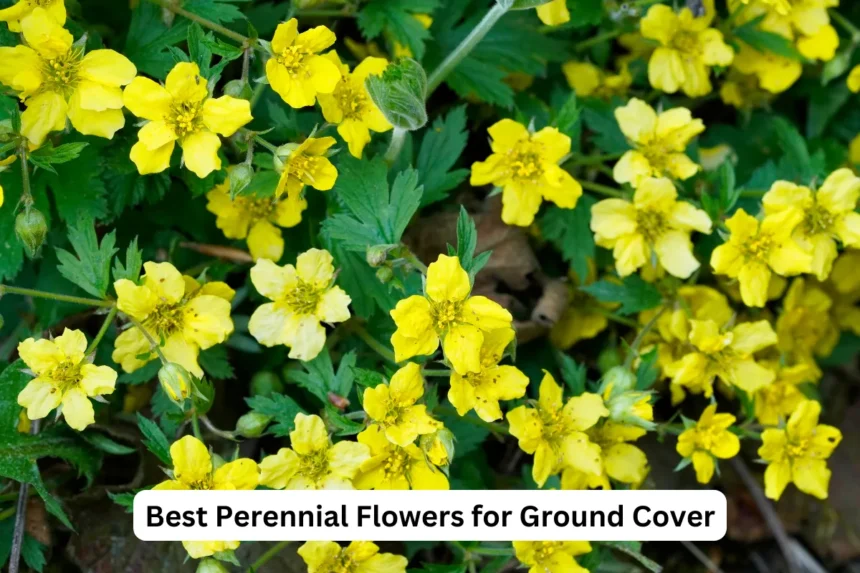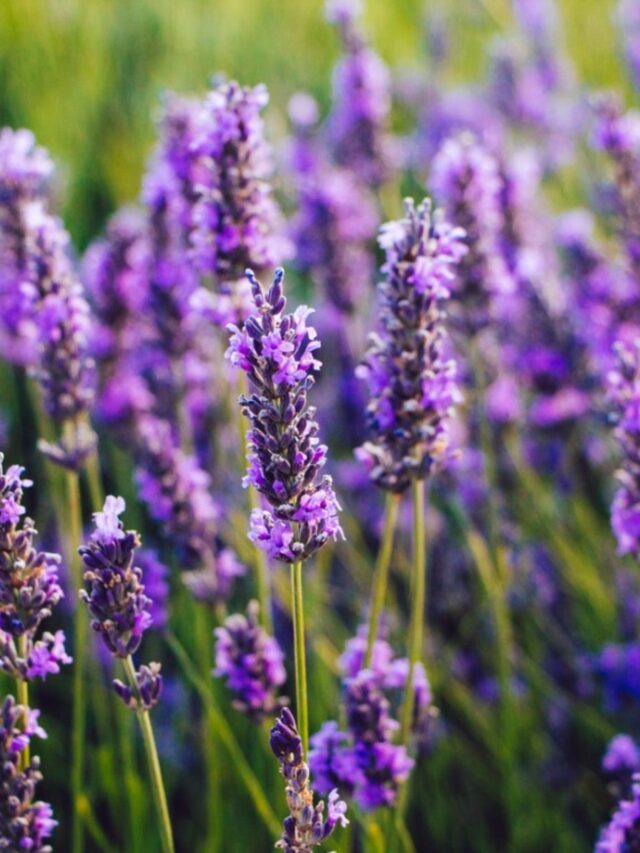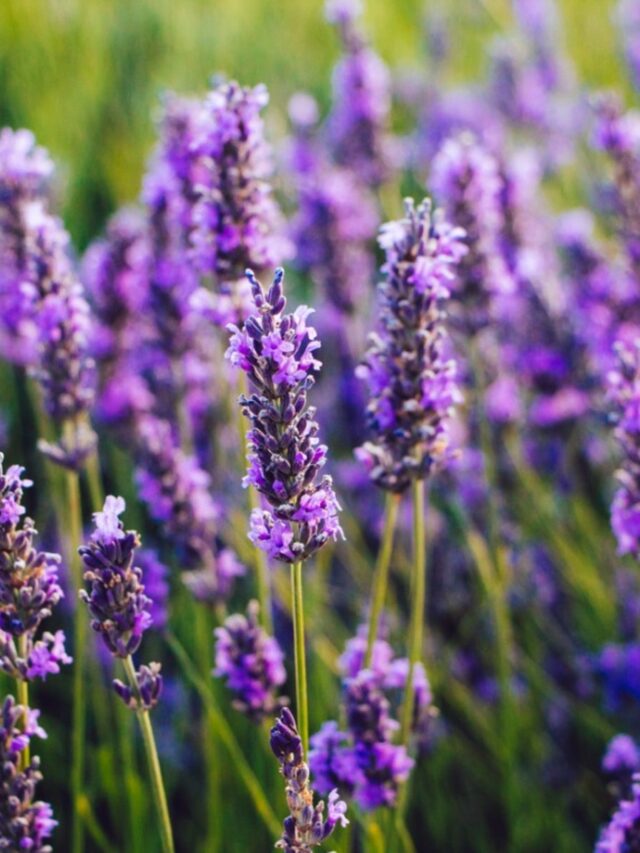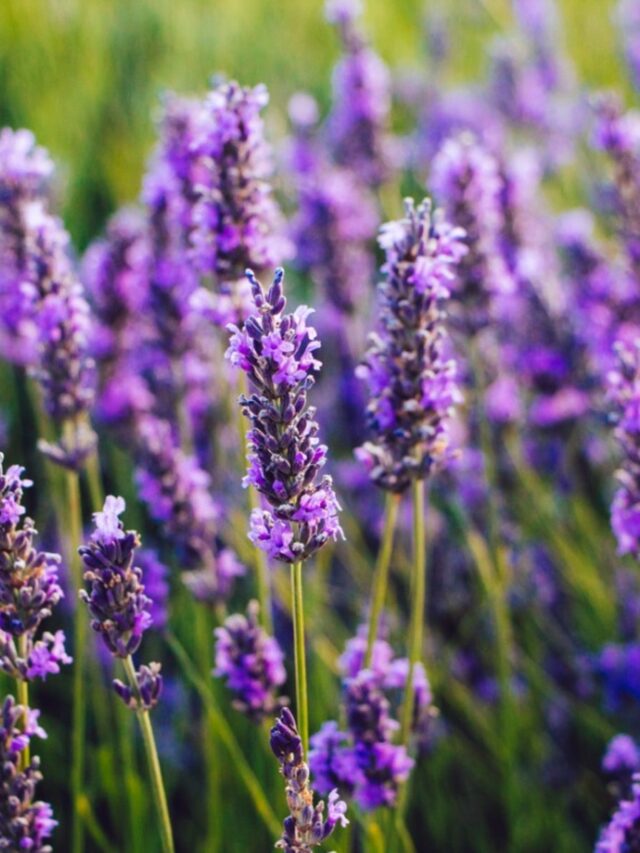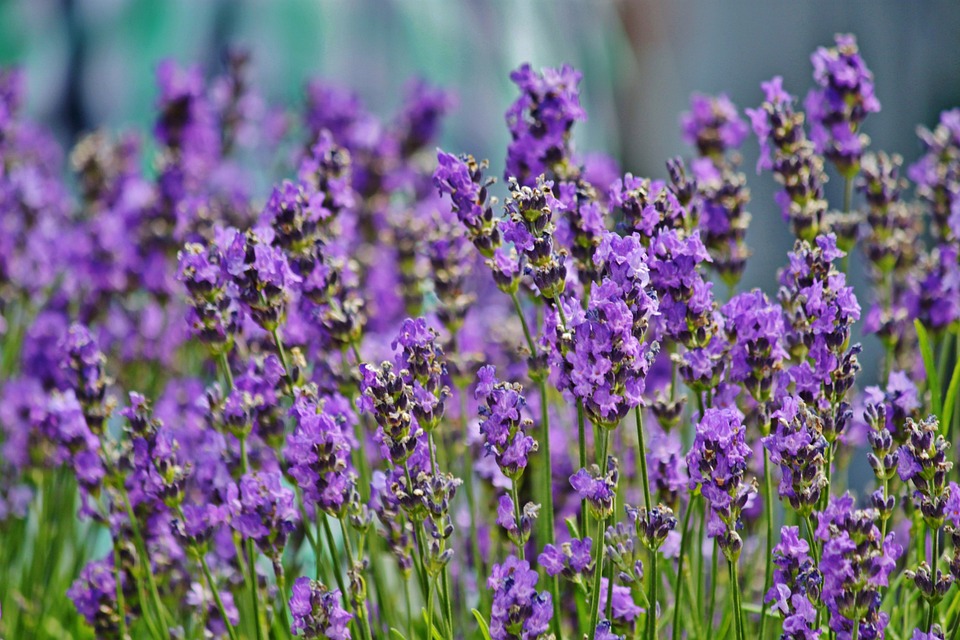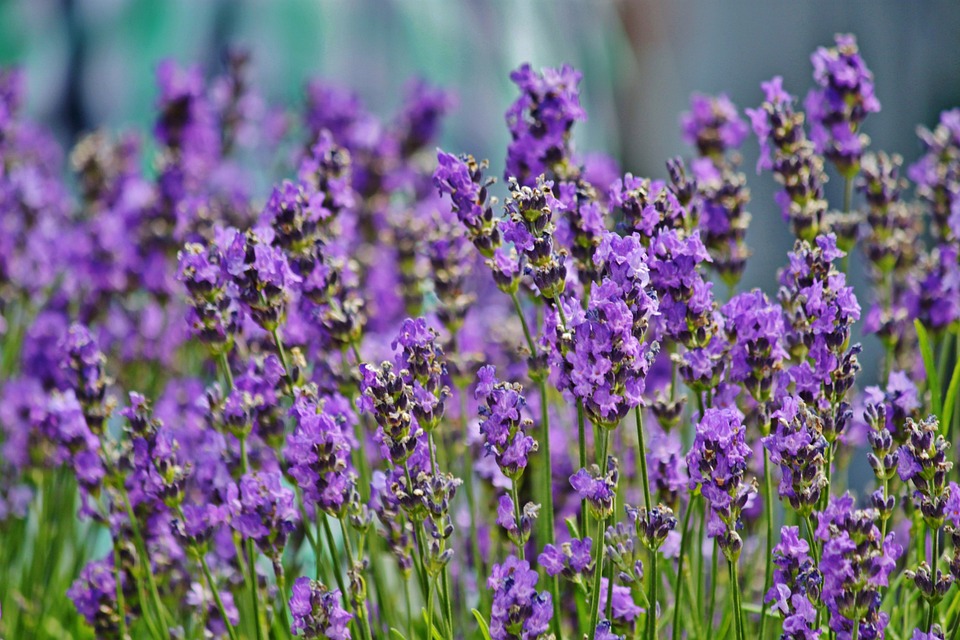Ground cover plants play a crucial role in landscaping, offering a low-maintenance solution to fill in spaces, suppress weeds, and provide year-round interest.
Among the myriad choices available, perennial flowers stand out for their durability, seasonal color displays, and ability to thrive with minimal care.
Whether you’re looking to carpet a garden bed, edge a walkway, or bring life to rocky terrain, selecting the right perennial ground cover can transform your outdoor space.
Here’s a comprehensive guide to some of the best perennial flowers for ground cover:
Creeping Thyme (Thymus serpyllum)
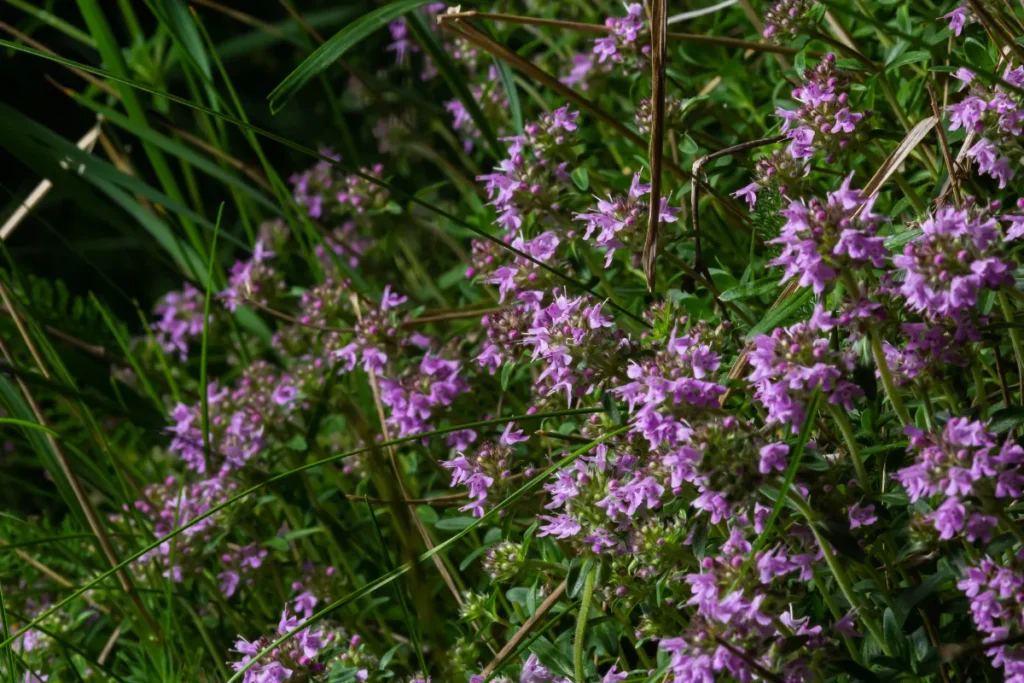
Creeping thyme is a delightful perennial that forms a dense mat of tiny, aromatic leaves and produces tiny pink, lavender, or white flowers in summer.
It thrives in full sun and well-drained soil, making it perfect for rock gardens, between stepping stones, or along edges.
Creeping thyme also attracts pollinators like bees and butterflies, adding ecological value to your garden.
Creeping Jenny (Lysimachia nummularia)
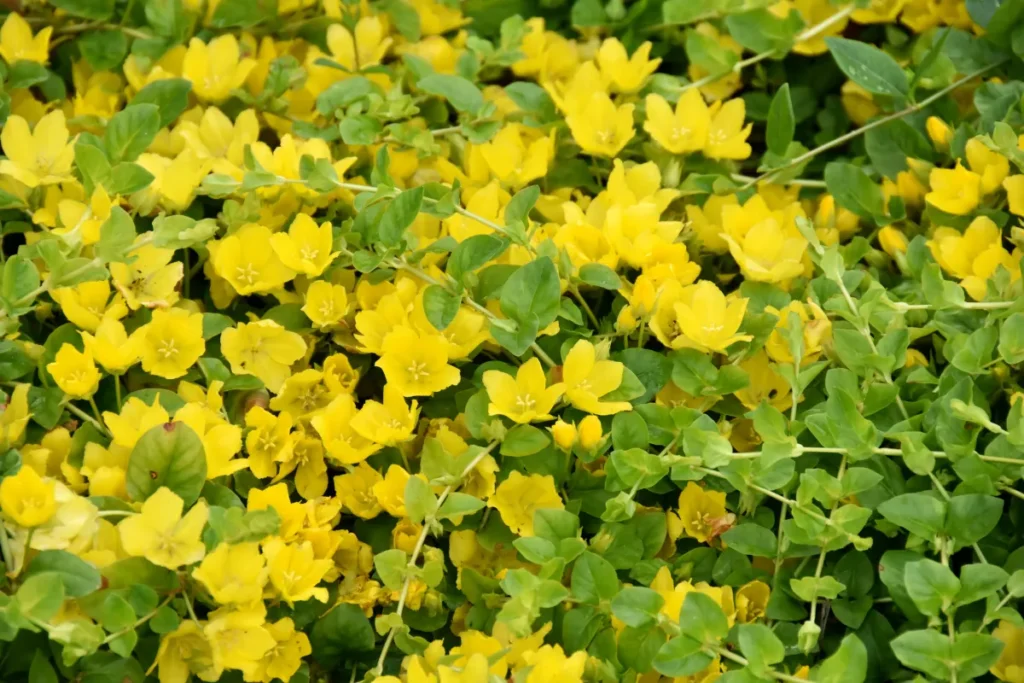
Known for its vibrant chartreuse foliage, creeping Jenny is a fast-spreading ground cover that thrives in both sun and partial shade.
Its trailing stems and small, round leaves create a lush carpet, perfect for cascading over walls or in hanging baskets.
Creeping Jenny also tolerates moist soils, making it versatile for various garden conditions.
Creeping Phlox (Phlox subulata)
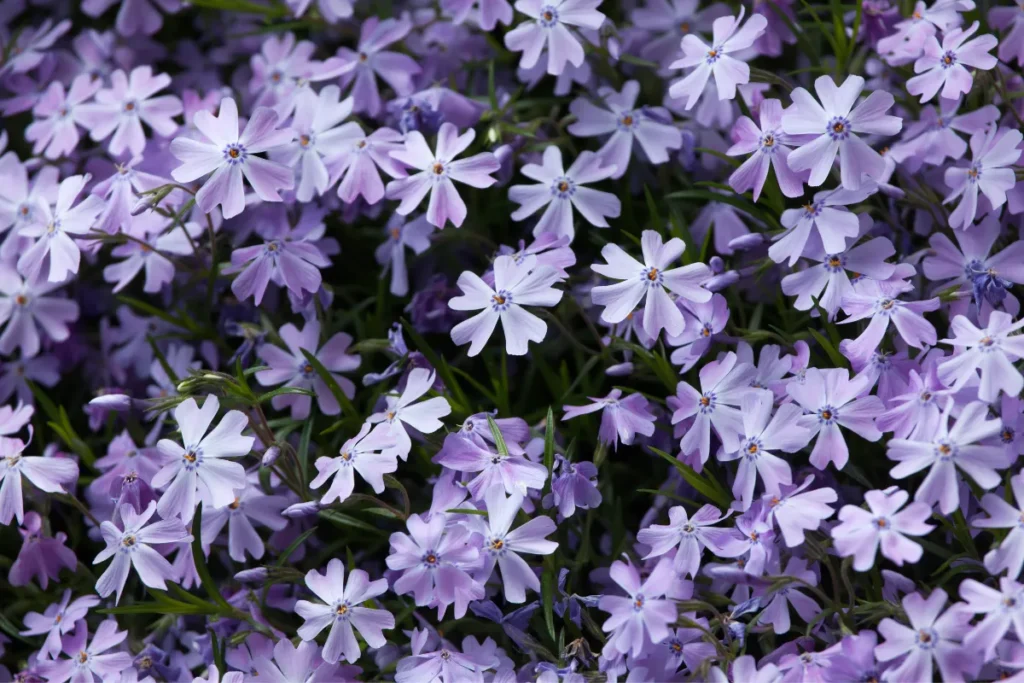
Creeping phlox is prized for its profuse spring blooms, which blanket the ground in shades of pink, purple, white, or blue.
This perennial prefers full sun and well-drained soil and is ideal for slopes or rocky areas where it can cascade gracefully.
Its needle-like foliage remains attractive throughout the year, offering both beauty and erosion control.
Bugleweed (Ajuga reptans)
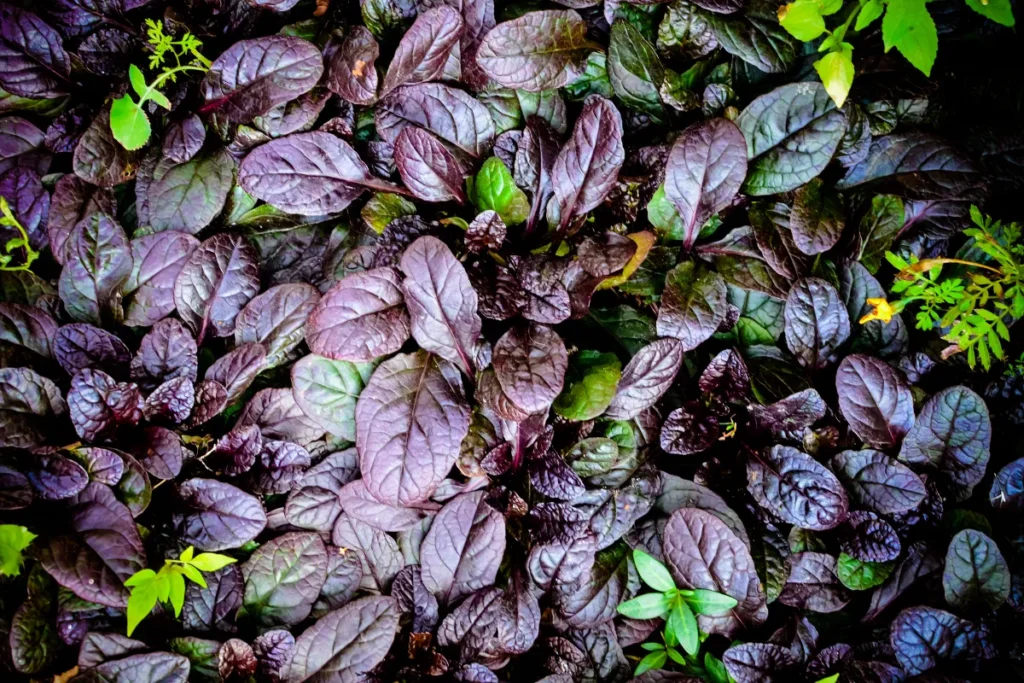
Bugleweed is valued for its glossy, burgundy-green foliage and spikes of blue, purple, or pink flowers in spring.
It thrives in partial shade and moist soil, making it a versatile option for woodland gardens or under trees where other plants struggle.
Bugleweed also spreads quickly, forming a dense carpet that suppresses weeds effectively.
Lily of the Valley (Convallaria majalis)

Renowned for its sweet fragrance and delicate, bell-shaped flowers, lily of the valley thrives in shady areas with moist, well-drained soil.
Its lush, emerald-green leaves and dainty white blooms create a serene ground cover that spreads through rhizomes.
Although slow to establish, lily of the valley rewards gardeners with its timeless beauty and aromatic presence.
Sedum (Sedum spp.)
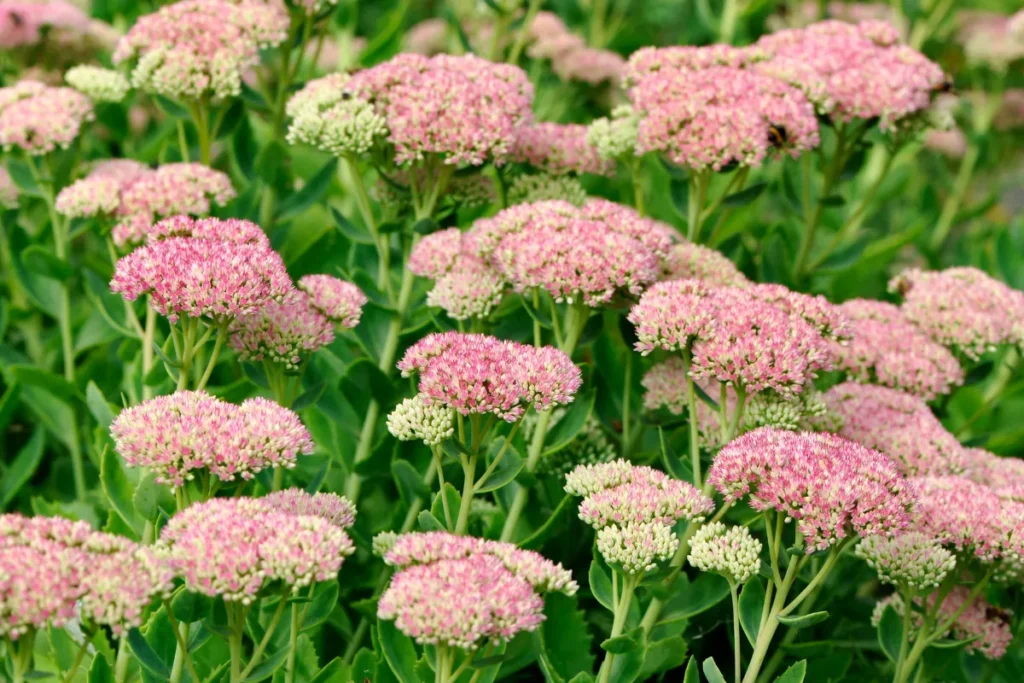
Sedums, also known as stonecrops, encompass a diverse group of succulent plants ideal for sunny, dry conditions.
They feature fleshy leaves and star-shaped flowers in hues of pink, red, yellow, or white, attracting butterflies and bees.
Sedums are excellent for rock gardens, green roofs, or any well-drained area where their drought tolerance and low maintenance make them an asset.
Ajuga (Ajuga spp.)
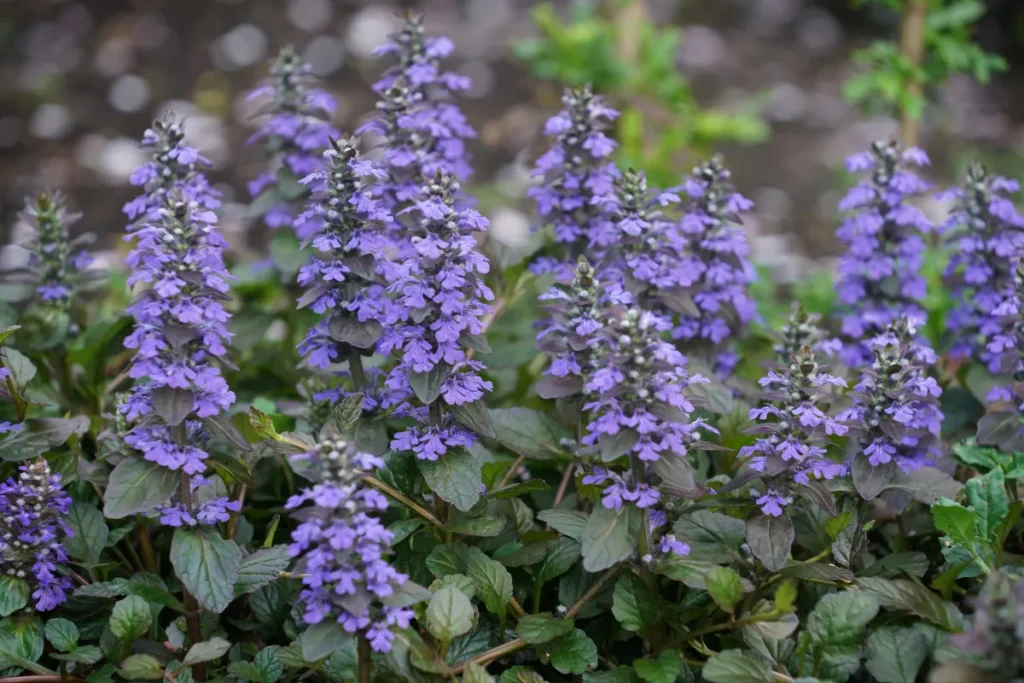
Ajuga, or carpet bugleweed, forms dense mats of colorful foliage and spikes of blue, purple, or white flowers in spring.
It thrives in partial shade to full sun and adapts well to various soil types, including moist or dry conditions.
Ajuga’s versatility and tolerance for foot traffic make it ideal for edging pathways or filling in gaps between larger plants.
Hens-and-Chicks (Sempervivum tectorum)
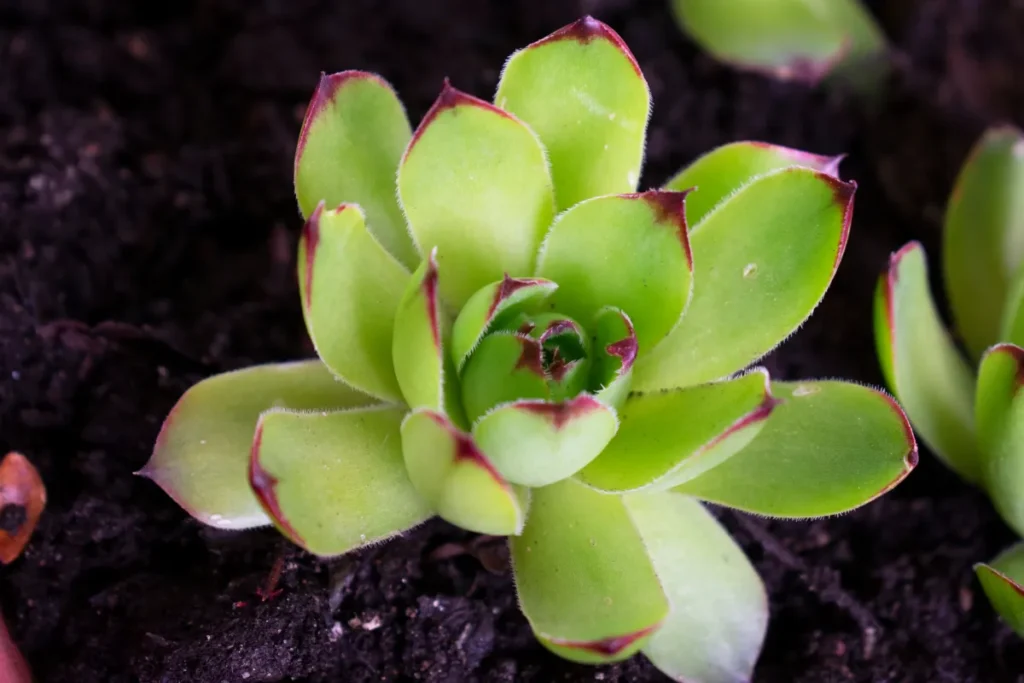
Hens-and-chicks are cold-hardy succulents known for their rosette-shaped clusters of leaves that resemble chicks around a mother hen.
These drought-tolerant perennials thrive in full sun and well-drained soil, making them perfect for rock gardens, containers, or even living walls.
Hens-and-chicks come in various colors and forms, adding texture and visual interest to any garden.
Coral Bells (Heuchera spp.)

Coral bells are prized for their ornamental foliage, which ranges from deep purple and burgundy to lime green and silver.
While primarily grown for their colorful leaves, coral bells also produce delicate spikes of flowers in spring and summer.
They prefer partial shade and well-drained soil, making them ideal for borders, woodland gardens, or mixed containers.
Vinca (Vinca minor)
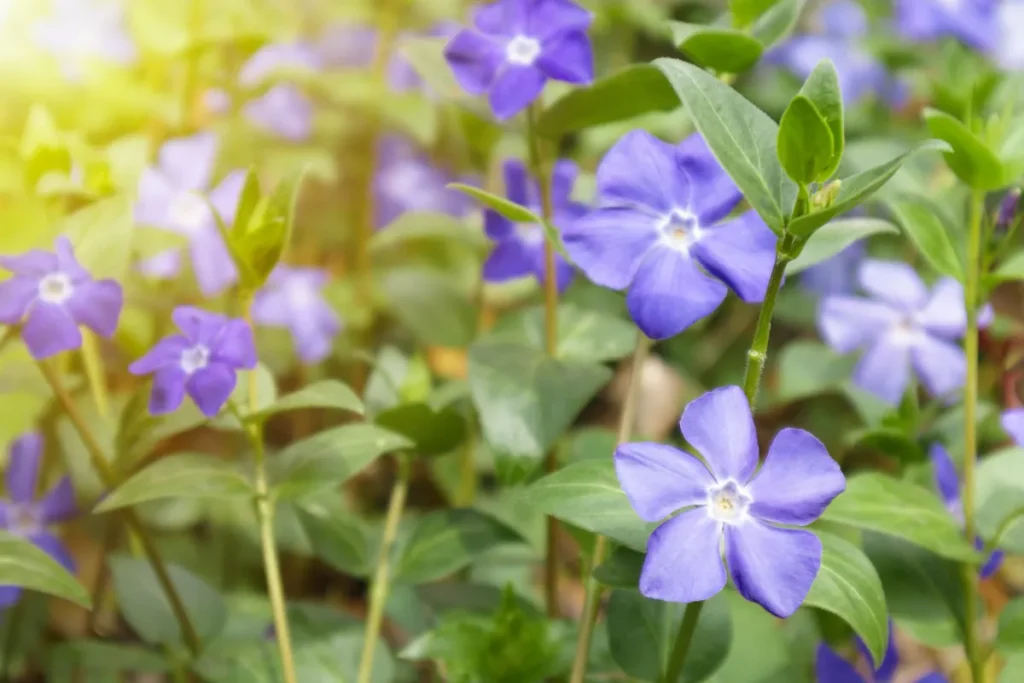
Vinca, or periwinkle, is a vigorous ground cover with glossy evergreen leaves and blue, purple, or white flowers in spring.
It thrives in shade to partial shade and is excellent for suppressing weeds once established.
Vinca’s ability to spread quickly makes it ideal for large areas under trees or along slopes where other plants struggle.
Choosing the Right Perennial Ground Cover
When selecting perennial ground covers for your garden, consider factors such as sunlight exposure, soil type, moisture levels, and maintenance requirements.
While many perennials are low maintenance once established, some may require occasional pruning or division to maintain their vigor.
Additionally, mixing different types of ground covers can create visual interest and ensure year-round color in your landscape.
Before planting, prepare the soil by amending it with organic matter to improve drainage and fertility.
Space plants according to their recommended spacing to allow them to fill in and form a cohesive carpet over time.
Water newly planted ground covers regularly until they are established, and apply a layer of mulch to conserve moisture and suppress weeds.
By carefully selecting and cultivating perennial ground covers suited to your garden’s conditions, you can create a beautiful, resilient landscape that enhances your outdoor space year after year.
Whether you prefer the vibrant blooms of creeping phlox or the textured foliage of sedums, there’s a perennial ground cover to suit every style and environment.
Experiment with different combinations and enjoy the process of watching your garden flourish with these enduring plants.

